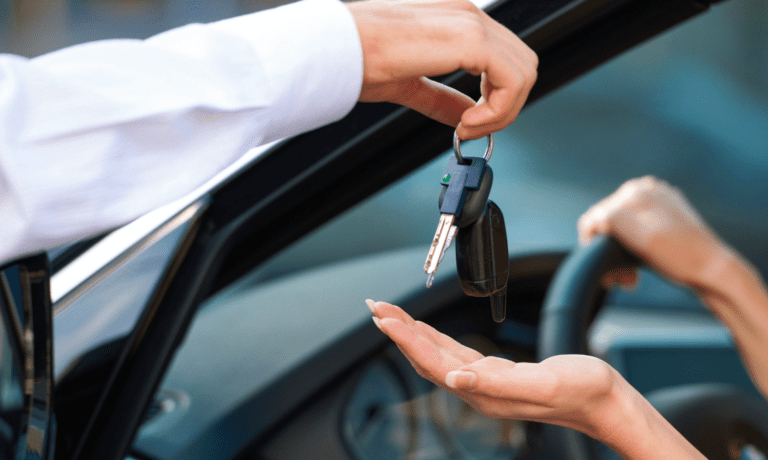Tourism has reopened in worldwide markets two years following the COVID-19 outbreak. Notwithstanding, the primary concern of travelers is how to keep their health safe while on the road. It appears that suggestions to travel or not travel are changing by the minute. If you need to travel immediately or can wait until COVID-19 cases subside, there are several precautions you may take to stay healthy. Check out the recommendations below to stay healthy while traveling independently!
Before the trip
Get full vaccination
Before embarking on an autonomous journey, you and your companions should be fully vaccinated. Vaccination is the key to safeguarding yourself and those around you in the current unpredictable pandemic crisis. Furthermore, certain airlines and tourist places demand travelers to have proof of at least two vaccinations.
The flu vaccine is a fundamental guideline for both adults and children, but check out ahead of time what vaccines are advised for your destination
Get full vaccination
During the epidemic, not all locations are safe and equipped to welcome independent travelers. This is why nature-based tourism is growing increasingly popular. If you intend to visit and spend time in rural locations distant from the city, you will have additional possibilities. Before determining where to go, you should research the pandemic condition in those areas
Rent private vehicles
Renting a private car for travel at this time is a sensible decision because public transportation and taxis entail a high risk of infection. Also, while renting a private car, you can contact the provider and request that the vehicle be cleaned and disinfected before giving it over to you. You can also request that the driver (if hiring a car with a driver) wear a mask and face shield, and that the car be fully equipped with antibacterial spray products.
Personal medical kit
A personal medical kit is a must-have item while packing bags for travel. Bring a mask and gloves, as well as vitamin C, alcohol wipes to clean surfaces, hand sanitizer, and other common prescriptions
Travel insurance
Travel insurance has recently become an essential component of any trip. Before you leave, read over your insurance coverage to determine if the destination you’re planning to visit is covered, or what you’re insured for and what you’re not.
During the trip
Wear facemask
The mask will most likely stay on our faces all day. Although masks are not required in some countries, you should wear them to safeguard your health.
Be conscious of what you eat
When visiting a new city or a foreign nation, you may be eager to eat the local cuisine. To avoid food poisoning or digestive difficulties, consider restaurants or venues with good evaluations and that appear clean. In addition, if you are allergic to certain foods, you should carefully inspect the dishes or ask the waiters for those items.
When traveling, stick to healthful foods that you enjoy and are easy to digest, such as cheese or nuts. Bringing food on the plane is the best option. Hummus and crackers or pretzels are a nutritious snack she finds at most airports. After eating, wipe down common places such as seat tables to prevent germs from spreading, and wash your hands.
Drink enough water and have a good sleep
Keeping your body hydrated and getting adequate sleep will keep you healthy and energized for the journey. The water supply in many modern countries is so clean that we can drink it immediately. If you are traveling to the countryside or some developing countries, you should bring water to drink during the day.
Wash your hands
While traveling and visiting, you will undoubtedly come into contact with high-touch surfaces such as doorknobs and stair handrails. Therefore wash your hands, especially before eating, and avoid touching your face.
You’ve probably heard it a million times since it’s one of the most effective strategies to keep disease at bay. Hands should be washed frequently, including after contacting surfaces. For 20 seconds, use soap and water. If it isn’t an option, use hand sanitizer.
Keep distance
It is also difficult to avoid congested areas when traveling. You can still protect yourself by maintaining a safe distance (at least one meter) from others.
Insect repellent
Camping is another fun thing to do during your holiday. Bring insect repellant if your campground is outdoors and near to nature. Several harmful insects can irritate you at night and produce severe stings on your skin.
Wear sunscreen
Summer is a terrific time to travel because of the pleasant weather and sunshine. If you are going to be outside for an extended period of time, remember to apply sunscreen to both your face and your body to protect your skin from UV radiation. If the weather is hot, you should wear a hat or bring a light scarf to cover your head.
After the trip
Disinfection
As soon as you arrive home, use alcohol-based wipes to clean electronic equipment such as phones or cameras, and use antibacterial solutions to spray all clothing, shoes, and luggage to limit bacteria on surfaces.
Inform other people about your trip
Notify everyone around you of your relocation and minimize your interaction with others for about a week.
Keep track of your health
After your vacation, keep an eye out for any signs or changes in your health. If you notice any symptoms, you should go to the local hospital right once.
CONCLUSION
Independent travel will be attractive following the COVID-19 pandemic. Whether traveling domestically or internationally, seeing famous beauty places that attract tourists from all over the world, or taking a nature-oriented holiday, remember to take care of your health and those you love.


